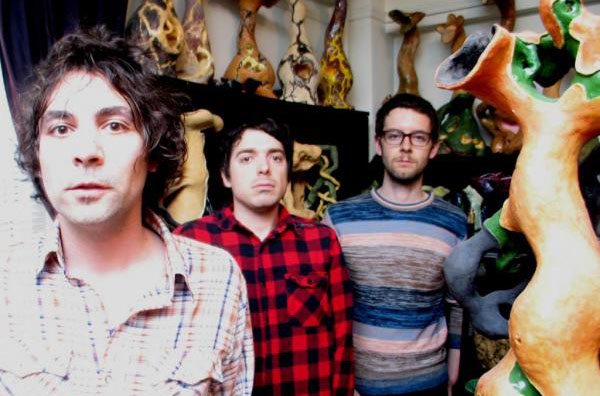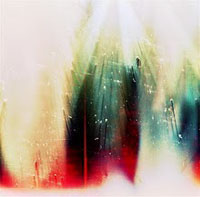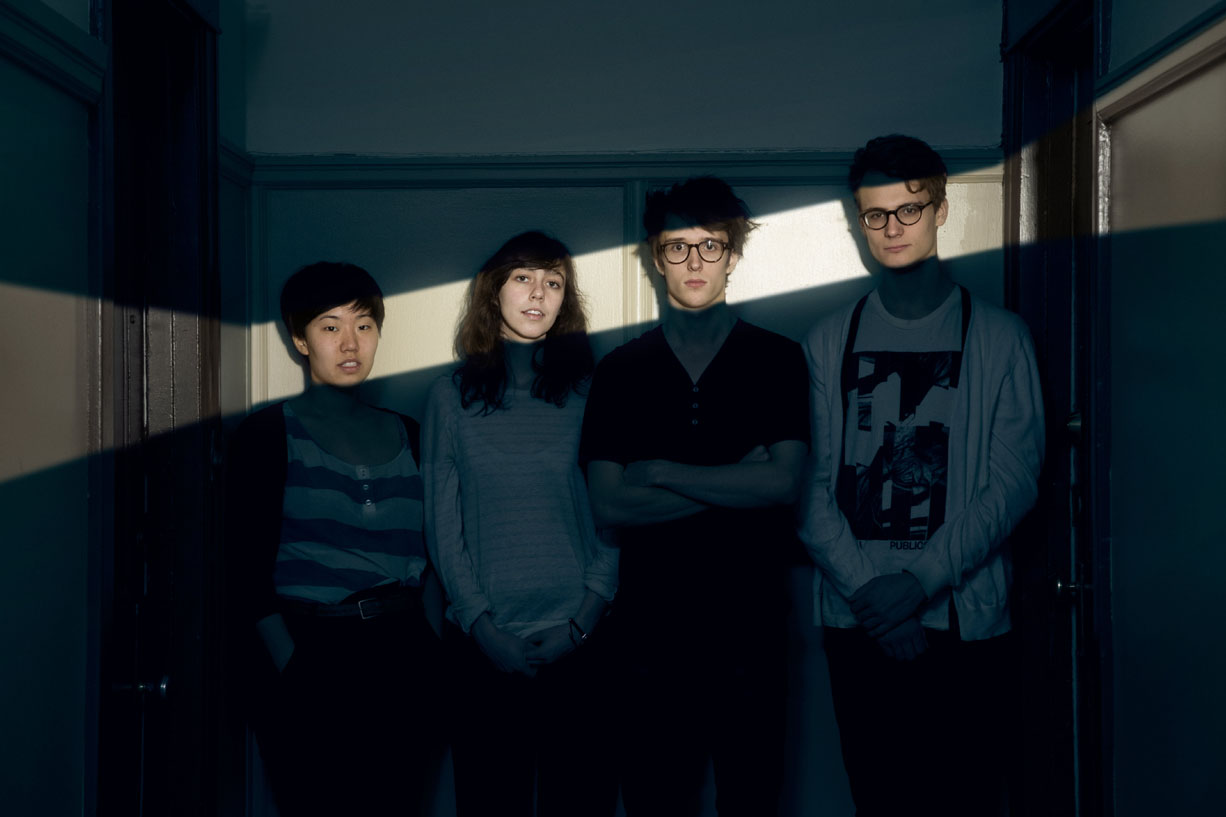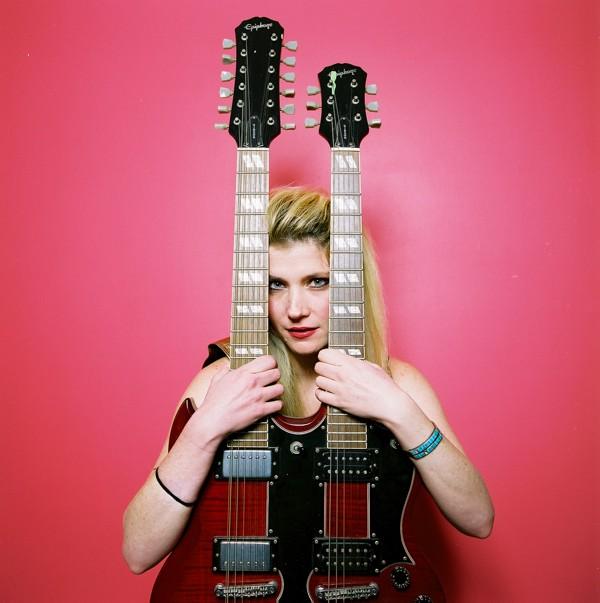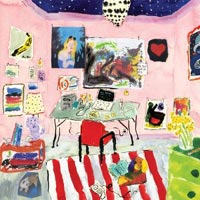 Earth: Angels of Darkness, Demons of Light Vol. 1 (Southern Lord, 2/22/11)
Earth: Angels of Darkness, Demons of Light Vol. 1 (Southern Lord, 2/22/11)
Earth: “Father Midnight”
[audio:https://alarm-magazine.com/wp-content/uploads/2011/02/20110113_specialmusic_earth.mp3|titles=Earth: “Father Midnight”]Most God-fearing people would probably characterize Earth’s cinematic drone-rock music as dark, and the assumption is not without merit. Since 1989, Earth’s founder and guitarist, Dylan Carlson, has specialized in a kind of down-tempo, almost lethargic style of slow rock that easily allows listeners to conjure thoughts of an emotional purgatory.
Carlson describes Earth’s musical destinations in a conversely different light. For him, the band’s resonant, slow-forming instrumentation represents a musically cerebral path to some sort of middle ground, but it’s not so much as a waiting room to hell as it is a medieval common area, where people are free to simply be, free to do as much or as little as they’d like. Earth’s womb-like melodic cocoon is in many ways an external and extremely personal catharsis — an intimate attempt to make sense of an ever-present melancholy that pervades Carlson’s vision of humanity.
What do you think has allowed Earth to maintain the same musical continuity for so long, while so many other bands from your time period have faded from the radar, sold out, died, or come back playing something completely different than what they started?
I think it’s still pretty similar. I think the main difference is more seen by working with [drummer] Adrienne [Davies] and working with the other members of the band more; it’s more of a collective experience than before. There were times when there were very few members of the band — no members of the band — [laughs] except me, so it was definitely more of a solitary pursuit at points, where now I have the luxury of being able to attract musicians to play with me and are able to play with me for at least a couple years at a time, instead of album by album.
That’s different, and I like that. I’ve always viewed Earth as a band, and wanted it to be a band, but it’s not always the easiest thing to find musicians to work with and keep them. I’m more cognizant of what I’m doing than before.
Do you think your sobriety has played a role in that?
Yeah, I definitely think so. I’m definitely more focused on doing music now and not wasting my time running around chasing [pauses] other things [laughs], so that’s good. And I’ve obviously been more productive in this second go-around than I was in the first, in terms of output and performing live.
Has your creative process changed at all over the years?
Yeah, I mean, for the most part, I guess. To me, there are certain things that need to be there for it to be Earth, otherwise I’d do something different. Within that, it should be slow, it should be simple, and hopefully be on the longer end of letting things develop — the longer end of the scale. There’s some wiggle room to do some other things, but if those three things aren’t there, then I should do a different project.
And if I were going to do something different, I’d do something completely different and wouldn’t try to sell that off as Earth. I think Earth has an identity of its own. I don’t think that would be fair to people to make something really fast and new-wave-y and call it Earth [laughs]; that wouldn’t be Earth. That would be my really fast new-wave-y project.


